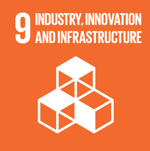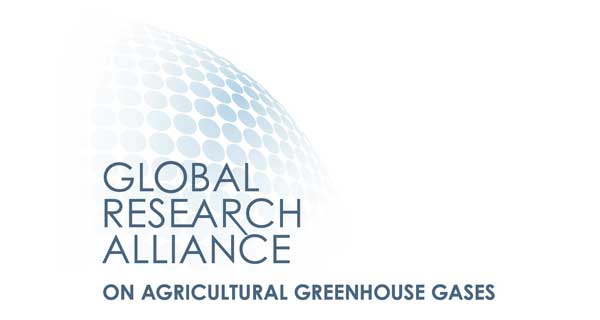Innovations for reducing methane emissions in ruminants
 Colombia
Colombia
 Argentina
Argentina
Executive Summary
There is pressure to reduce the impact that livestock production systems have on the environment, accompanied by an increasing global demand for meat. However, the sustainability of these production systems in Latin America and the Caribbean (LAC) is fragile due to a low uptake of technological innovations for identifying opportunities to increase production sustainably. Currently, there are limitations in evaluating key parameters in real time at the farm level, such as intake, ingestive behavior, diet digestibility, and enteric CH4 emissions under grazing conditions. A lack of CH4 emissions data, impedes emission reduction capacity and the competitiveness and sustainability of livestock in LAC. The objective of this proposal is to reduce emission intensity (g of CO2e/kg meat) in bovine production systems by 10% through the implementation of technological innovations developed in Latin America for the quantification and mitigation of greenhouse gases (GHG). The implementation of these innovations will enable improvements in sustainability and resilience of cattle farms facing the impacts of climate change in LAC. It is also expected to improve the accuracy of enteric CH4 emission quantification in LAC, relative to those generated using the IPCC emission factors, allowing quantification of the environmental impact of production and selection of appropriate GHG mitigation strategies. The project is funded by the New Zealand Government as part of its contribution to the Global Research Alliance on Agricultural Greenhouse Gases (GRA).
The technological solution
This project aims to reduce emission intensity (g CO2e/kg of meat) by 10% through technological innovation, developed in Latin America, for the quantification and mitigation of greenhouse gases. Uptake of these innovations will lead to increased sustainability and climate change resilience of livestock systems in Latin America and the Caribbean.
Results
There are four expected results:
- Remote sensing system for monitoring ingestive behavior and quantifying enteric methane emissions of pastoral cattle.
- Recommendations for use of a feed additive aimed as reducing enteric methane emissions of cattle.
- Near-infrared spectroscopy (NIRS) technology applied to quantify consumption and digestibility in cattle.
- Direct beneficiaries trained in applying the three innovation for reducing methane emissions of ruminants.
Beneficiaries
Direct beneficiaries will include pastoral livestock producers, technical assistants, and the academic community from the Antioquia, Cundinamarca, and Córdoba regions in Colombia and from the Southeast Bonaerence and central Córdoba regions in Argentina. This project will contribute to the training of at least two undergraduate students, two postgraduate students, a postdoctoral fellowship, and the strengthening of technical-scientific capacities of 20 researchers, of which 12 (60%) are women. Expected positive impacts of the implementation of the three technological innovations on pastoral cattle producers include a reduction of CO2 equivalent emissions per animal of at least 10% and an increase of up to 10% in weight gain (kg/day), driven by increased efficiency in use of forage and animal resources, optimization of ruminal fermentation and mitigation of enteric CH4 emissions. The indirect beneficiaries in Colombia total 136,855 cattle producers managing herds ranging from 1 to 500 head of cattle in pasture-based systems across the departments of Antioquia, Córdoba, and Cundinamarca. In Argentina, they include an estimated 3,865 beef and dairy producers from the Southeast Bonaerense region and 1,145 pasture-based dairy producers from the central subhumid Pampas region.
Sustainable Development Goals






Project news
Participating Organizations
Executor
- Corporación Colombiana de Investigación Agropecuaria (AGROSAVIA) - Colombia
Co-executor
- Instituto Nacional de Tecnología Agropecuaria (INTA) - Argentina
- Universidad de los Andes Colombia (UniAndes) - Colombia
Associated
- Universidad Nacional de Córdoba (UNC-AR) - Argentina
Graphics and data
Financing by country (in USD)












































